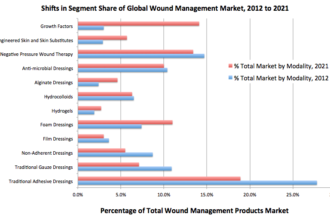
Originally published on MedCityNews.com.
Eric Chen isn’t your average 17-year-old. When the high school junior isn’t in school, he’s working with biologists at the University of California, San Diego, using their supercomputers and wet labs to conduct drug discovery research on potential new anti-viral medicines.

Originally published on MedCityNews.com.
Eric Chen isn’t your average 17-year-old. When the high school junior isn’t in school, he’s working with biologists at the University of California, San Diego, using their supercomputers and wet labs to conduct drug discovery research on potential new anti-viral medicines.
This week, that work earned Chen the title of Google Science Fair winner. His project, which identified potential new leads for anti-flu drugs, beat out applicants from 120 other countries.
The sheer fact that a teenager is conducting that kind of sophisticated research is impressive, but look at how NBC News describes his process:
He first created 3-D models and simulations of the protein influenza endonuclease, which is essential for viral propagation and thus the target of new drugs […] From there, he used the computer to screen half a million chemical compounds to determine which ones shared characteristics of known inhibitors to endonuclease. This resulted in a ranked list of 237 that showed promise as new drug candidates.
With those 237 candidates, he headed for the lab to conduct a second set of tests for anti-flu activity. The end result was a set of novel influenza endonuclease inhibitors that show potential in protecting against viruses. They’ll need more research, of course, to determine their potency and toxicity, but it’s a good start.
“I believe that the increased power of computers and new structure studies can drastically speed up the drug discovery process,” he wrote in his application.
For his victory, he’ll get a $50,000 scholarship and a trip to the Galapagos Islands with National Geographic
Check out some of the other Google Science Fair finalists here.






